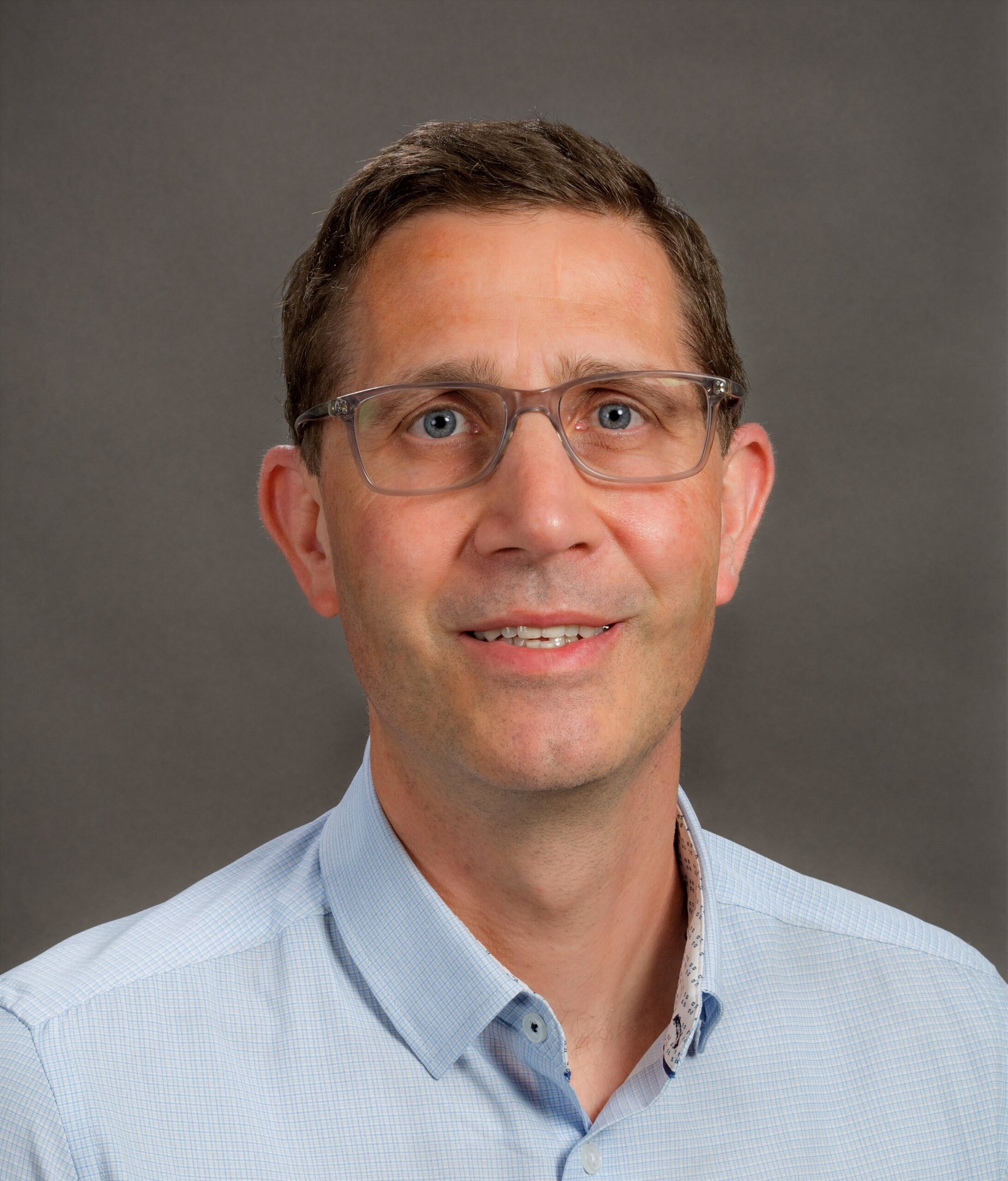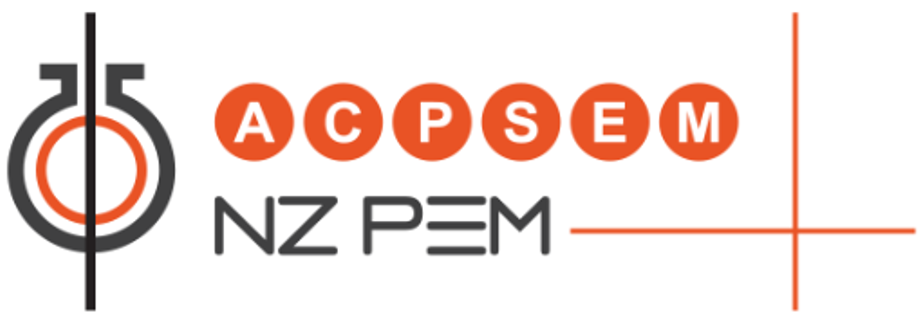We are currently in the process of securing invited speakers for NZPEM 2026! Please check back soon for further updates.

Professor Juergen Meyer
Building a Re-Irradiation Workflow: How Do We Roll It Out in The Clinic?
Juergen studied Medical Engineering in Germany and Medical Instrumentation in the UK. After a brief period in industry, he earned his PhD at Coventry University and completed a postdoc at the University of Washington (UW). He then undertook a residency in medical physics and worked as a Clinical Medical Physicist at the University of Würzburg, Germany.
In 2006, he joined the University of Canterbury (UC) as Senior Lecturer and became Director of the graduate program in 2009, teaching postgraduate courses and supervising more than 30 graduate students. During this time, he also chaired the New Zealand branch of ACPSEM. In 2012, he returned to UW and became Clinical Physics Lead at the Fred Hutch Cancer Center (FHCC) in 2015. He was promoted to Full Professor in 2021.
Juergen continues to be involved in educational activities in the CAMPEP-accredited UW residency program and holds an adjunct professorship at UC, continuing to co-supervise graduate students. His latest endeavor is to establish a new Medical Physics graduate program at UW. His research interests include image- and surface-guided radiotherapy, motion management, and innovative techniques such as FLASH, proton minibeams, and optical calorimetry to improve precision in cancer treatment.
Dr Samantha Holdsworth PhD
From concept to community: Next-generation MRI and the making of Mātai – John Strong Memorial Lecture
Associate Professor Samantha Holdsworth is an MRI physicist whose career has focused on developing and translating next-generation MRI technologies to improve diagnostic imaging. With more than two decades of international experience, including 11 years as a scientist at Stanford University, Samantha has developed fast, high-resolution diffusion MRI, amplified MRI, and other innovations that enhance the visualisation of subtle anatomy and pathology. Her work has led to new imaging biomarkers and improved diagnostic pathways across a range of neurological conditions.
Samantha now leads multidisciplinary and community-engaged teams across Mātai and the University of Auckland, working at the intersection of physics, engineering, clinical research, and regional health needs. Together, they advance imaging technologies while building scientific capability and research participation in underserved communities.
For the John Strong Memorial Lecture, Samantha will share the story behind the creation and realisation of Mātai – from early concept to community-driven medical imaging research centre – celebrating the scientific innovation, partnerships, and people that have enabled advanced MRI research to flourish in regional Aotearoa.
